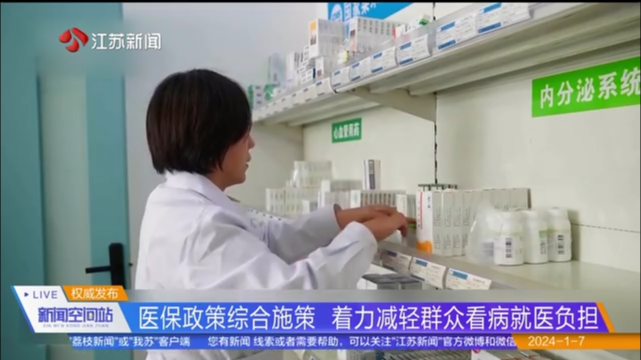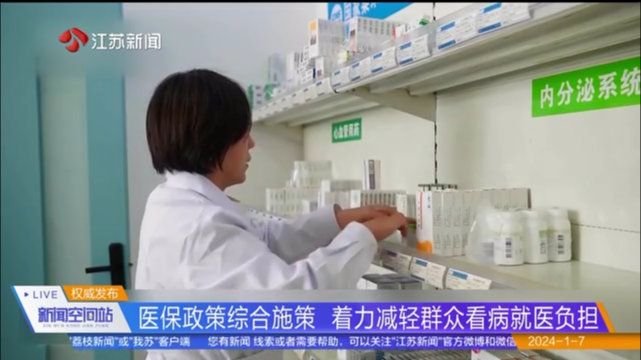China has added 126 drugs to a revised national basic medical insurance list, with a focus on novel medications and rare disease therapies. The new list, which came into effect on Jan 1, include 3,088 drugs in total.

The newly-added medications include 21 anti-cancer drugs, 17 antivirals or anti-COVID medicines, 15 drugs for treating diabetes, mental disorders, rheumatism and other chronic diseases, and 15 drugs targeting rare diseases.
Patients are expected to save 40 billion yuan ($5.6 billion) in the next two years thanks to price negotiations and reimbursement policies.
The national insurance drug list has been updated each of the past six years, with 744 drugs added during that period.
The proportion of added new drugs — those making the list within five years after gaining market approval — during each adjustment has risen from 32 percent in 2019 to 97.6 percent.
The latest list includes 23 novel drugs that were added after negotiations with drugmakers. Among them is dorzagliatin, a novel oral drug to treat diabetes developed by Hua Medicine, a company based in Shanghai.
Meanwhile, 15 drugs that can treat 16 types of rare diseases have been included. There were no drugs for 10 of these rare diseases before the latest adjustment.






